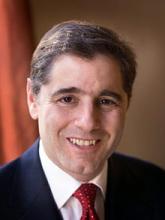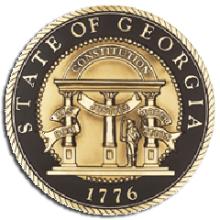New York Times on Internet in America, Genachowski Legacy
Eduardo Porter has an important column today in the business section of the New York Times, "Yanking Broadband From the Slow Lane." He correctly identifies some of the culprits slowing the investment in Internet networks in our communities.
The last two paragraphs read:
 The person who deserves plenty of criticism is former FCC Chairman Genachowski. From the article:
The person who deserves plenty of criticism is former FCC Chairman Genachowski. From the article:
Yet the challenge remains: monopolies have a high instinct for self-preservation. And more than half a dozen states have passed legislation limiting municipalities from building public broadband networks in competition with private businesses. South Carolina passed its version last year. A similar bill narrowly failed in Georgia. Supporting these bills, of course, are the nation’s cable and telephone companies.Not really "supporting" so much as creating. They create the bills and move them with millions of dollars spent on lobbyists and campaign finance contributions, usually without any real public debate on the matter. Eduardo focuses on Google Fiber rather than the hundreds of towns that have built networks - as have most of the elite media outlets. Google deserves praise for taking on powerful cable and DSL companies, but it is lazy journalism broadly that has ignored the networks built by hundreds of towns - my criticism of the press generally, not Eduardo specifically.
According to the F.C.C.’s latest calculation, under one-third of American homes are in areas where at least two wireline companies offer broadband speeds of 10 Mbps or higher.We have 20 million Americans with no access to broadband. The rest are lucky to have a choice between two providers and even then, most still only have access to fast connections from a single provider. When the National Broadband Plan was unveiled, we were critical of it and believed it would do little to improve our standing.





